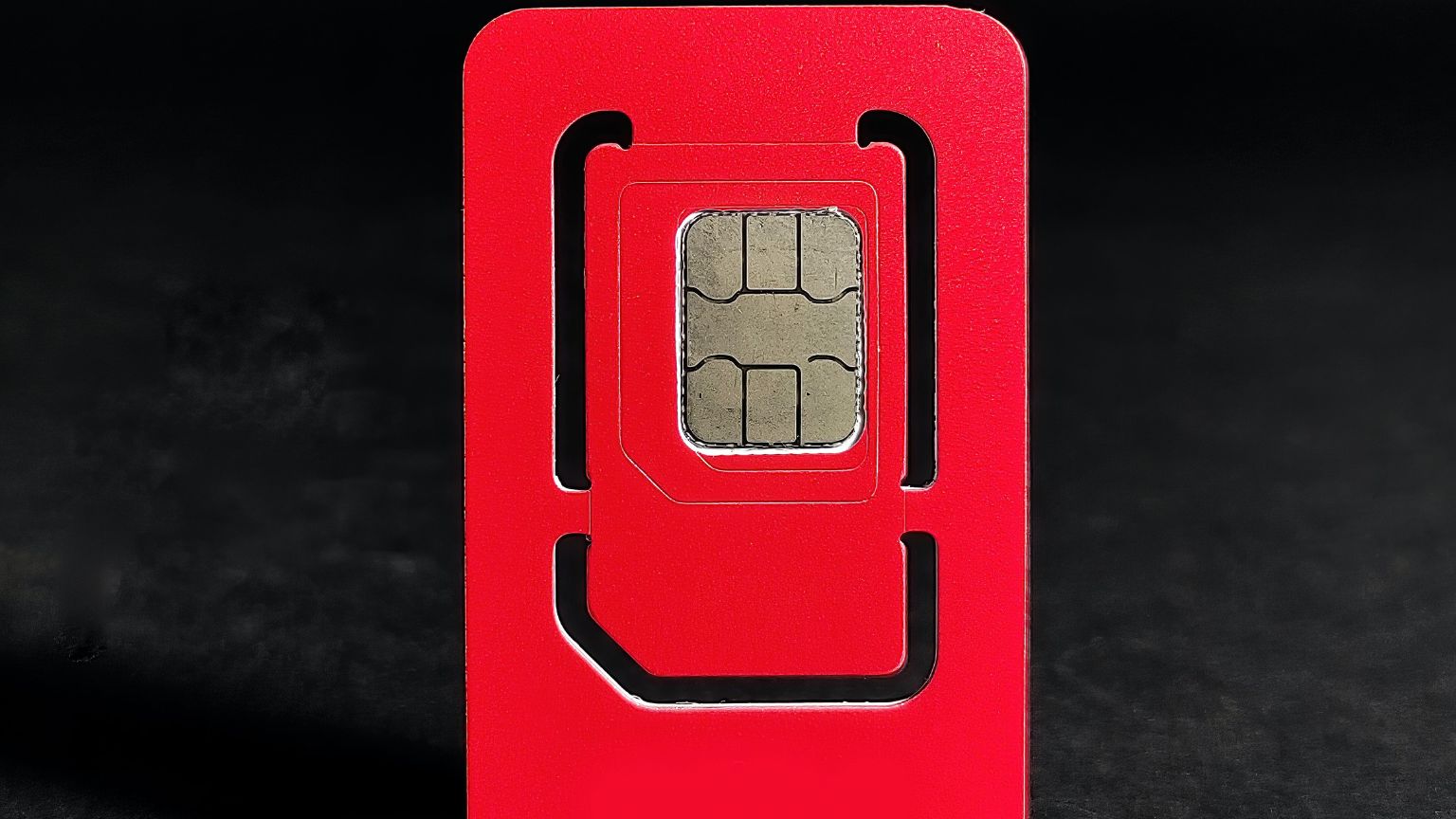

If you are in Argentina and value the security and privacy of your most sensitive personal biometric data - hold on to that SIM card you have, because the rules now say that in order to get a new one, you must submit to mandatory facial recognition.
The order to switch to requiring biometrics in order to be allowed to use a SIM card came from the National Communications Authority (Enacom), and applies to all mobile carriers.
The authorities are justifying the decision by saying it will increase security, particularly around identity theft, and hacking through methods like SIM swapping.
SIM swapping is nothing new, but what made Enacom spring to action now appears to be the fact that several high-ranking officials have recently been targeted in such attacks, including Minister of Security and Justice of Buenos Aires Marcelo D'Alessandro.
…

Become a Member and Keep Reading…
Reclaim your digital freedom. Get the latest on censorship, cancel culture, and surveillance, and learn how to fight back.
Already a supporter? Sign In.